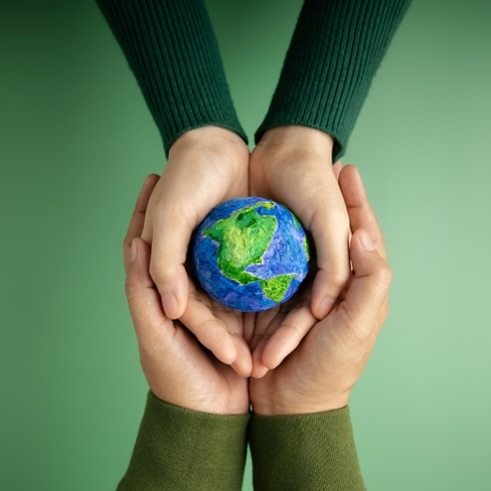This post, Between RCRA and a Hard Place: Operating Under Conflicting Regulations, first appeared on http://ehsdailyadvisor.blr.com.
Do federal hazardous materials transportation regulations outweigh how a state interprets and enforces hazardous waste regulations? In times when the federal government bends toward extreme leniency or extreme enforcement, cases such as one currently playing out in Oregon could have ramifications for environment, health, and safety managers (EHS) nationwide.
What are states up to? Since the stated intent of the Trump administration is to have the states be the primary regulators and enforcers of EHS laws, what states are up to will be a recurring theme in the Advisor.
In this case, the federal Pipeline and Hazardous Materials Safety Administration (PHMSA) is in a conundrum. Does it oppose a state regulatory interpretation and rule for industry or stand by the current administration’s intent to let states regulate and enforce?
NORA, a trade association of recyclers, recently petitioned PHMSA for a determination as to whether federal hazardous material transportation law preempts an Oregon hazardous waste regulation that imposes a strict liability standard on hazardous waste transporters.
Note. Under strict liability, some activities are known to be inherently dangerous, so if something goes wrong, the party is held legally responsible.
State Court Ruling
When NORA filed the petition with PHMSA, the Oregon Supreme Court was considering a case about the same question. The Court has since ruled and upheld the Oregon Environmental Quality Commission’s (EQC) interpretation, which is enforced by the state’s Department of Environmental Quality (DEQ).
The case involved a company that transported and treated hazardous waste without a manifest or a permit. The company argued that it was not in violation of hazardous waste permit and manifest requirements because it reasonably relied on the generator of the hazardous waste’s characterization of the waste. PHMSA regulations at 49 CFR 171.2(f) allow for a carrier that transports a hazardous material (in this case a hazardous waste) in commerce to rely on information provided by the offeror (in this case the generator) or a prior carrier, unless the carrier knows or, a reasonable person, acting in the circumstances and exercising reasonable care, would have knowledge that the information provided by the offeror or prior carrier is incorrect.
The Oregon DEQ claims that since the federal Resource Conservation and Recovery Act (RCRA) provides strict liability for civil offenses, Oregon’s hazardous waste rules, which enforce a state program that was approved by the U.S. Environmental Protection Agency, are not preempted.
The Oregon Supreme Court upheld the EQC’s determination that Oregon’s regulations and statutes provided for strict liability for civil hazardous waste violations. The Court said that company’s reasonable reliance under the PHMSA reasonable care regulation was not relevant to determining compliance with the state hazardous waste rules and statutes.
Can’t Do Both
According to NORA, its members rely on the certifications of generators. The association presented some hypothetical situations that make it impossible or unfeasible to comply with both the Oregon rule and the PHMSA requirements. Essentially, the scenarios show that transporters, in an attempt to avoid liability, would be required to test for each hazardous waste characteristic and conduct exhaustive and expensive investigations, which the generator may not even permit.
In addition, NORA claims that Oregon’s rule presents an obstacle in carrying out the federal PHMSA rule and will lead to transporters being liable for a generator’s mischaracterization of waste.
Key Takeaway for EHS Managers
Since there will be little or no guidance from the feds under the Trump administration, it makes state regulators even more likely to be influenced by what other states are up to. That’s why cases in states such as Oregon could be important to the regulated community in other states. The interpretations may look appealing to your state environmental agency.
Make sure that you are in touch with your state environmental agency and aware of not only regulations or standards but how they are being interpreted by your agency.
This post, Between RCRA and a Hard Place: Operating Under Conflicting Regulations, first appeared on http://ehsdailyadvisor.blr.com.











